News
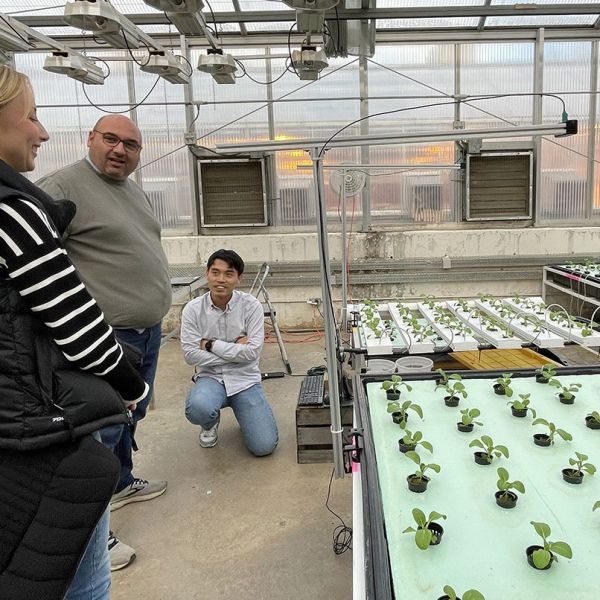
Feb 28, 2025
New computer vision system can guide specialty crops monitoring
The technology applies an internet of things and artificial intelligence to enhance controlled environment agriculture in advanced greenhouse scenario.
Full Article

Jan 13, 2025
College of Ag Sciences graduate students receive research grant awards
Thirteen graduate students in Penn State’s College of Agricultural Sciences received research grants recently awarded by the Northeast Sustainable Agriculture Research and Education (SARE) program, organized by the U.S. Department of Agriculture.
Full Article
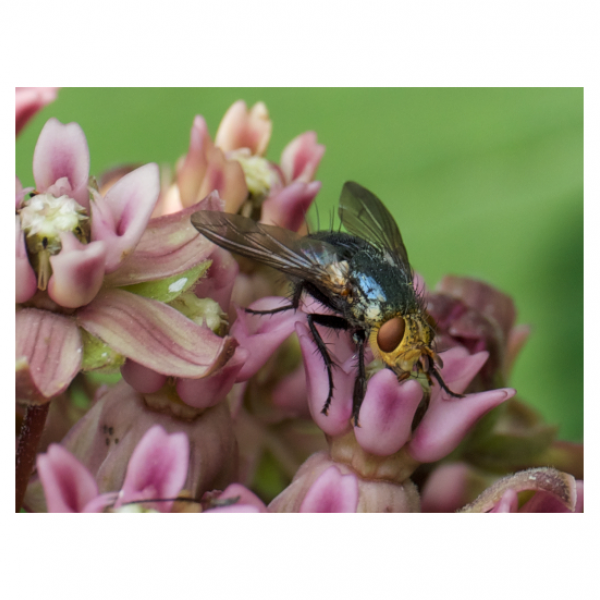
Jan 02, 2025
Pollinators most vulnerable to rising global temperatures are flies, study shows
New research led by Penn State scientists suggests flies are increasingly at risk due to rising global temperatures.
Full Article

Sep 26, 2024
Plant scientist named Huck Early Career Chair in Microbial Community Ecology
Francisco Dini-Andreote, assistant professor of plant science in the College of Agricultural Sciences at Penn State, has been awarded the Dorothy Foehr Huck and J. Lloyd Huck Early Career Chair in Microbial Community Ecology.
Full Article
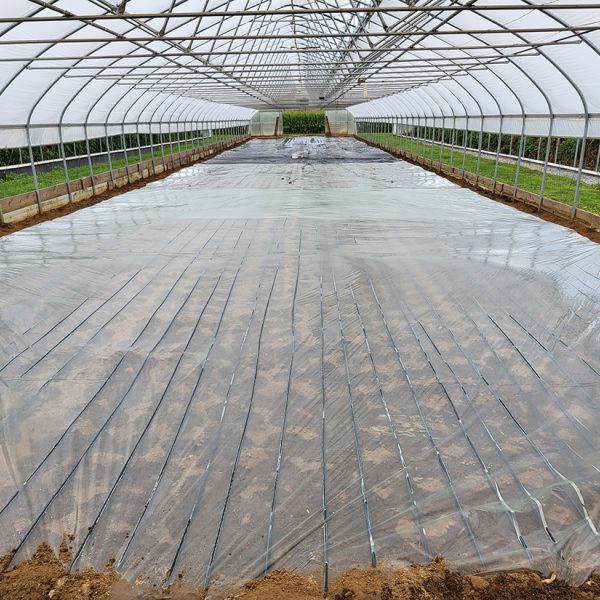
Sep 25, 2024
$1M USDA grant to perfect weed killing method in organic crop production
The U.S. Department of Agriculture (USDA) has awarded a four-year, $1 million grant to a team led by plant scientists and an economist from Penn State to investigate anaerobic soil disinfestation to support transitioning from conventional to organic production systems.
Full Article
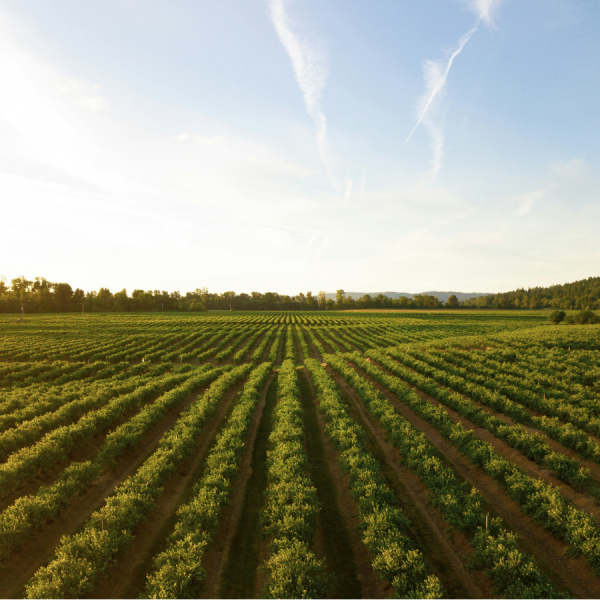
Aug 29, 2024
Research teams receive $1.1 million to study microbiomes in agriculture
Two Penn State-led research teams have received funding from the U.S. Department of Agriculture’s National Institute of Food and Agriculture for projects investigating the ways microbiomes — the microorganisms in a particular environment, such as in soil or a living organism — can affect disease dynamics in agriculture.
Full Article
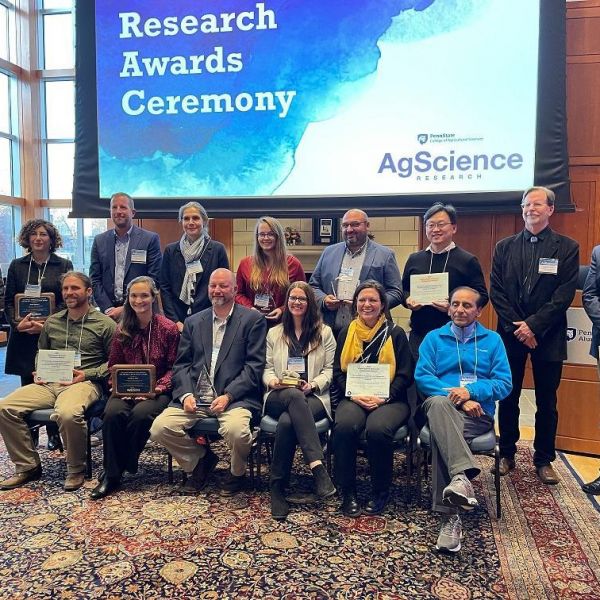
Nov 28, 2023
College of Ag Sciences recognizes faculty, staff for research achievements
Penn State’s College of Agricultural Sciences lauded outstanding accomplishments in research during the 2023 Research Awards Ceremony, held Nov. 1 at the Hintz Family Alumni Center on the University Park campus.
Full Article

Nov 28, 2023
Researchers predict climate change-driven reduction in beneficial plant microbes
Bacteria that benefit plants are thought to be a critical contributor to crops and other ecosystems, but climate change may reduce their numbers, according to a new study by an international team of researchers. They published their findings in Nature Food.
Full Article

Sep 29, 2023
Liana Burghardt named new Director of Center for Root and Rhizosphere Biology
Assistant Professor of Plant Science Liana Burghardt is serving as the new Director of the Center for Root and Rhizosphere Biology, replacing outgoing director Jonathan Lynch, distinguished professor of plant nutrition.
Full Article
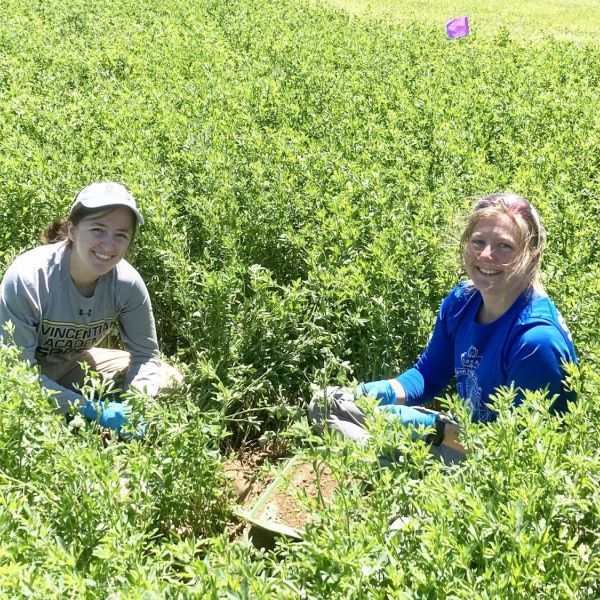
May 31, 2022
New plant science team gets grants from USDA-NIFA for research on soil microbes
An assistant professor in Penn State’s College of Agricultural Sciences has received $950,000 in two competitive grants from the U.S. Department of Agriculture to lead a team studying interactions between plants and rhizobial soil bacteria, with the long-term goal of boosting forage and crop production while reducing environmental impacts of fertilizer use.
Full Article